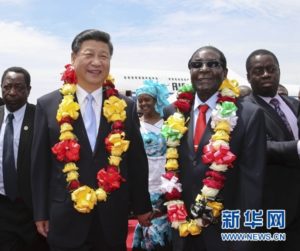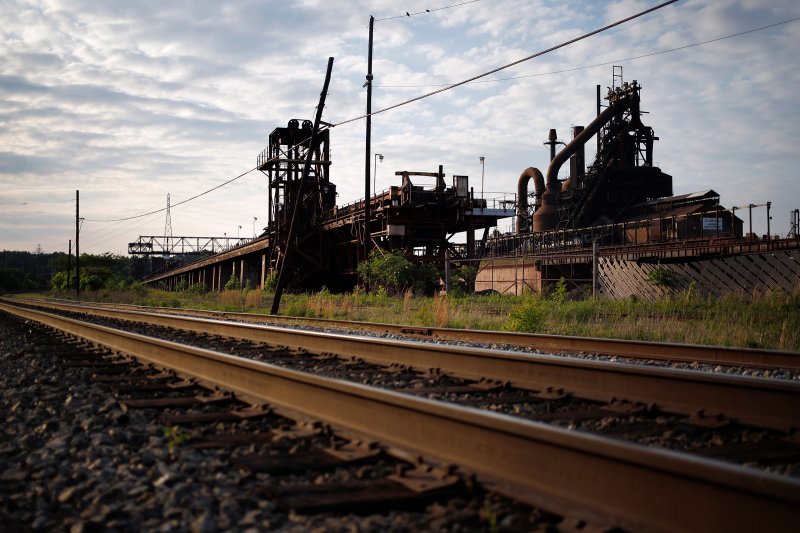What We Read This Week: Our Investigative News Roundup
Sanctions Lifted, Money Paid
Critics of a Kremlin-linked industrial giant investing $200 million in a new aluminum plant in Kentucky say it gives Moscow political influence that could undermine national security. Pointing to Moscow’s use of economic leverage to sway European politics, they warn the deal is a stalking horse for a new kind of Russian meddling in America, one that exploits the U.S. free-market system instead of its elections. What worries national-security experts is not that any of the businessmen who put the deal together broke any laws. It’s that they didn’t. A Time magazine investigation found that the Russian aluminum company, Rusal, used a broad array of political and economic tools to fight sanctions the United States had placed on Russian businesses, establishing a foothold in U.S. politics in the process. To free itself from sanctions, Rusal fielded a team of high-paid lobbyists for an intense, months-long effort in Washington. One of the targets was Kentucky’s own Mitch McConnell, the Senate majority leader, who helped thwart a bipartisan push to keep the sanctions in place. Ahead of the 2018 midterm elections, one of Rusal’s longtime major shareholders contributed more than $1 million through his companies to a GOP campaign fund tied to McConnell.
Contested Africa

The Trump administration and the Pentagon have repeatedly warned that China and Russia are expanding their influence across Africa. That view was echoed by the former head of U.S. Africa Command, Marine Corps Gen. Thomas Waldhauser, who left the job last month, and his replacement, Stephen Townsend. Both men testified publicly before Congress earlier this year. But the two generals went further in written responses to Congress obtained by The Intercept via the Freedom of Information Act. Beijing and Moscow have steadily increased their economic ties across Africa and, with them, their diplomatic sway. Trade between China and Africa has risen from $765 million to more than $170 billion in the last 40 years, and 39 of 54 African nations have now signed on to Beijing’s Belt and Road Initiative – a trillion-dollar plan to link infrastructure and trade via a vast new network of roads, rail lines, ports, and pipelines across Eurasia, the Middle East, and Africa. Russia’s trade with Africa increased from $5.7 billion in 2009 to $17.4 billion in 2017, and the country has been aggressively promoting nuclear infrastructure and technology partnerships as well as oil and gas investments there.
High Cancer Risks Among Military Pilots
Former Air Force and Navy fighter pilots are calling on the military to begin cancer screenings for aviators as young as 30 because of an increase in deaths from the disease that they suspect may be tied to radiation emitted in the cockpit, reports the McClatchy DC bureau. “We are dropping like flies in our 50s from aggressive cancers,” said retired Air Force Col. Eric Nelson, a former F-15E Strike Eagle weapons officer. He cited prostate and esophageal cancers, lymphoma and glioblastomas that have struck fellow pilots he knew, commanded or flew with. Nelson’s prostate cancer was first detected at age 48, just three months after he retired from the Air Force. In his career, he has more than 2,600 flying hours, including commanding the 455th Air Expeditionary Group in Bagram, Afghanistan, and as commander of six squadrons of F-15E fighter jets at the 4th Operations Group at Seymour Johnson Air Force Base in North Carolina.
Featured image: Railroad tracks run past a rusting blast furnace on the grounds of an abandoned steel mill that will be the site of the new aluminum plant in Ashland, Ky. (Luke Sharrett for Time)




